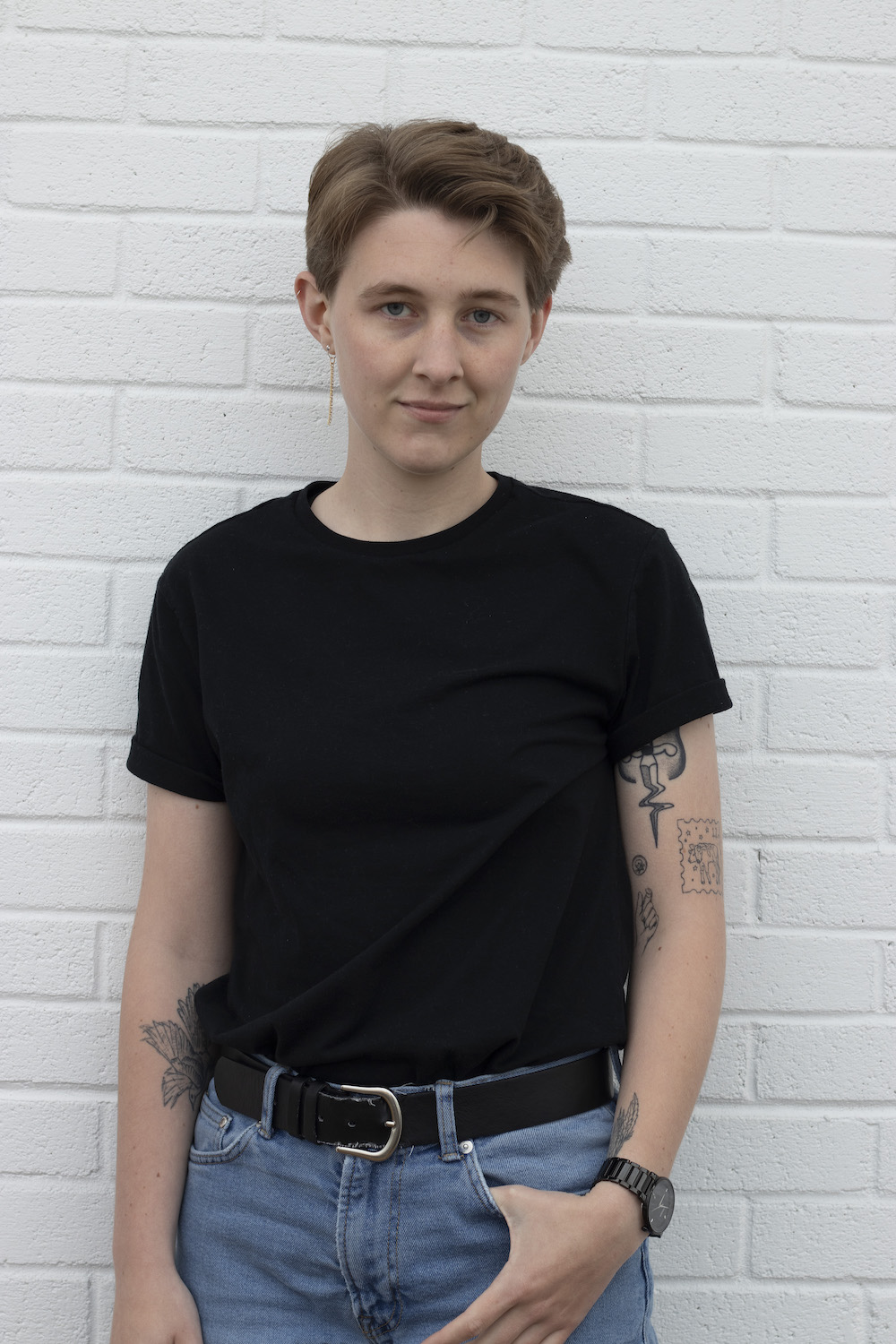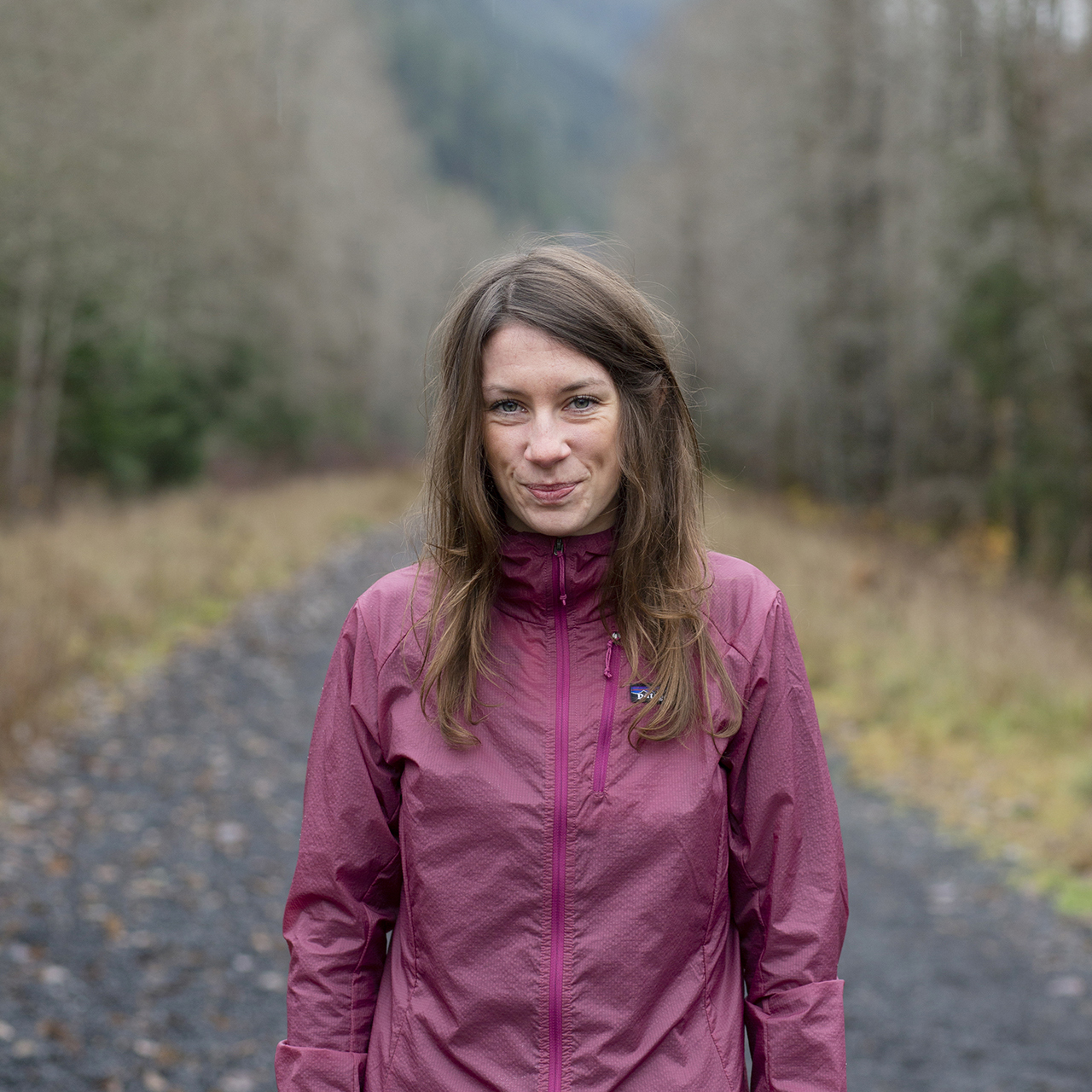If you listen to a lot of podcasts, you probably hear the word “producer” a lot—maybe without knowing what it means.
So what does it mean? The answer is complicated. The job often requires the wearing of many hats, from production management to creative input to hosting and more. When looking at the podcast industry as a whole, producers can either be the face of their show, or quietly working in the background; either way, they do a lot.
To get a better understanding, I picked the brains of three different producers working in podcasting today: Ilana Nevins, Arielle Nissenblatt, and Ellice Ellis. They shared their experience breaking into the podcast industry, the tools they can't live without, and their advice for future podcasting greats.
Tell me about the first time you ever worked as a producer on a podcast.
Ilana Nevins: I worked as an associate producer for a live storytelling podcast. The role was very focused on in-person recordings, so [my job involved] making sure the setup was good for the guests, and then for post-production, focused on cutting the hour-long interview down to 20 minutes, ensuring it flowed well and was engaging, and adding in light sound design/music.
My more recent production experience is much more solitary. I'm managing the production schedule, interviews, drafting voiceover scripts, a couple rounds of edits and sound design and mix/master.

Arielle Nissenblatt: The first time I worked as a producer on a podcast was for my own publication: the first-ever episode of Feedback with EarBuds, the podcast recommendation podcast associated with my newsletter, EarBuds Podcast Collective. I wrote a script, voiced that script, and then went through my many takes to cut it down to something that would eventually go to my post-production engineer.
Now, I still work on my own productions. Lately, I'm working weekly on a show that I co-host and co-produce called Trailer Park: The Podcast Trailer Podcast. It's a show about...podcast trailers! I started producing podcasts in 2019. Fast forward to now, I am much more comfortable with my workflow and genuinely enjoy the act of cutting and shaping an audio piece.

Ellice Ellis: I studied journalism as an undergrad at the University of Southern California. One requirement for an introductory media class was to learn Adobe Audition, and through that, I made my first podcast. I also worked as a podcast and traditional audio radio producer for USC's Annenberg Media. I'd conduct virtual interviews with students, professors, community members, and expert guests. I'd monitor the AP newswire and what is happening around LA to work with other producers and professors to decide on our coverage. Now, I'm the senior Producer of Therapy for Black Girls, an interview show where mental health meets pop culture.

How does the role of a producer differ depending on what style of show you’re working on?
Ilana Nevins: I work on interview-style and narrative nonfiction shows. For the interview-style, I focus more of my time on the pre-production—researching the guest, crafting interview questions—and then the editing is a much quicker process. For narrative nonfiction, while I also focus on interview prep, the majority of the work is in post-production, really taking the interview and crafting a story, writing narration to move the story forward, recording the narration with the host, and then editing it all together with music or other sound effects.
I rely pretty heavily on Descript for these narrative projects because it requires me to move segments of the interview around and draft narration. It also makes it easier to organize by having multiple compositions for each episode.
Ellice Ellis: As a producer on a chat show, you're not just a facilitator but a creative force. You're constantly adapting to keep the audience engaged from minute zero to minute 47, or however long the show is. You're shaping conversation structure, segments, and your talent's commentary before, during, and after the recording. There's research involved, but as a producer, you're more than a researcher—you're a subject matter expert or an enthusiast. As a producer, I constantly monitor trending news and conversations to stay ahead.
What are some tools you frequently use on the job?
Arielle Nissenblatt: Google Docs for scripting, SquadCast for recording, Descript for editing, Melod.ie for music, Descript for SFX, Auphonic for mixing, Ausha for hosting one of my shows, RSS.com for hosting another, and Buzzsprout for hosting yet another.
Ellice Ellis: Riverside and Descript are my drug of choice. The former is for recording, sometimes even selecting social clips with their AI feature, and the latter is for working with producers and editors to cover edits and notes. A big part of a podcast producer's job is organization, so production timetables, whether on Google Drive or Airtable. I have my at-home mic kit whenever I need to get on the mic as a producer or two if talent I work with needs to record on the go.

How did you “break into” the podcasting industry, and what made you decide to keep doing this kind of work?
Ilana Nevins: I volunteered to work on a storytelling podcast for an organization I was already volunteering with! I spent a couple years improving my skills and working on the side, helping out friends, using word of mouth, applying to jobs on some of the radio listservs, before I finally felt like I had enough work to quit my full-time job and transition into audio work exclusively.
I keep doing this job because of the flexibility, because of the kindness of so many people in this space and because I'm extremely curious and this work has allowed me to dive deep into so many different fields.
Arielle Nissenblatt: In 2017 I decided I wanted to do whatever it took to work in podcasting, so I started a podcast recommendation newsletter. It allowed me to be in touch with podcast producers and creators. It gave me an excuse to get coffee with the creators I admired. It brought me to conferences where I continued to make connections with creators and listeners. First and foremost, I am a listener. I want to help other folks find their next favorite podcast. And if my shows can either be that for someone or introduce you to another show, then I've done my job!
Ellice Ellis: I am an avid listener of podcasts and radio and have been since about 10 years old. After graduating college, I knew I wanted to work in the space. I checked in with the person who eventually became my mentor almost weekly the summer after I graduated about potential jobs and eventually I was hired to work on social media on one of his shows. Since I've worked with him on several projects. My advice to younger podcasters or media professionals is to ask a lot of questions and express your desires in the industry.
And I've been blessed to work with productions led by Black people. It's not a secret that newsrooms, production sets, etc., can be overwhelmingly white, so to be in spaces where I see people who look like me as talent, executives, hosts, and engineers have done wonders for my confidence and my understanding of what's possible in my career.





















%20(1).JPG)









